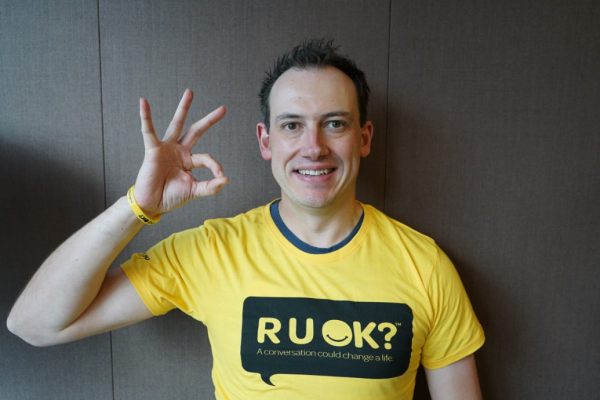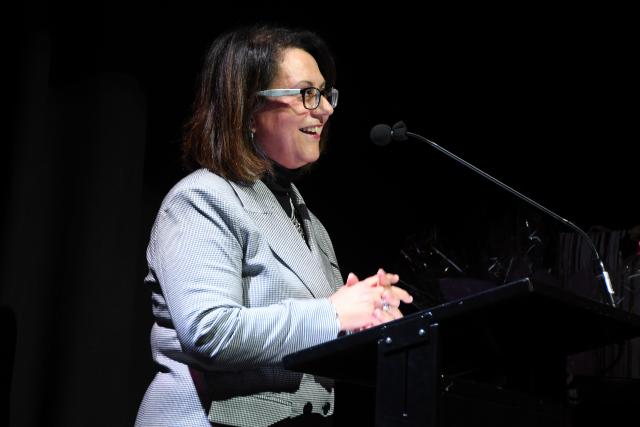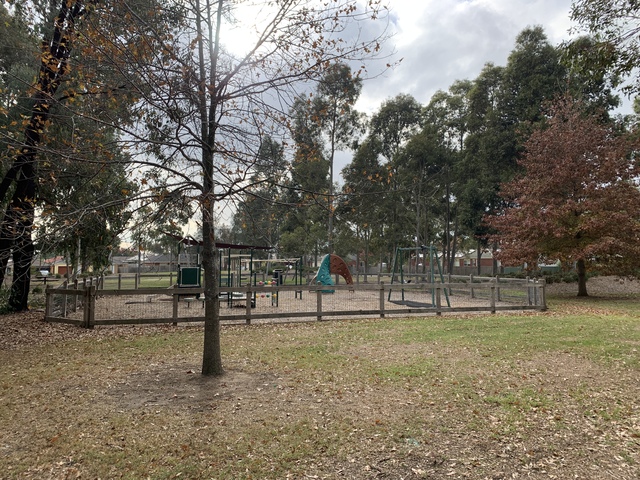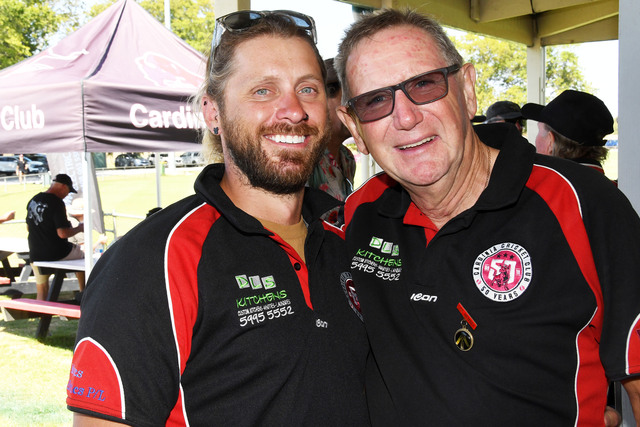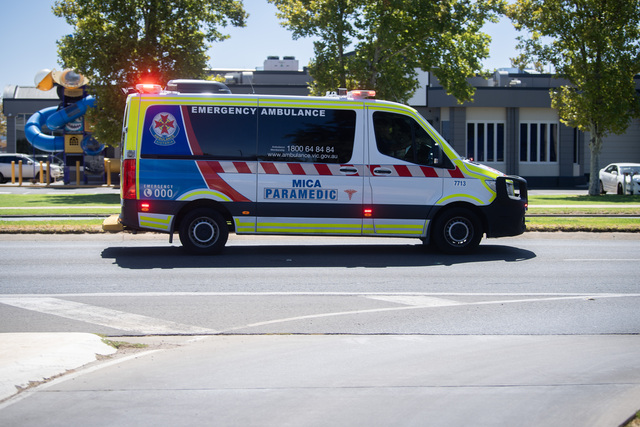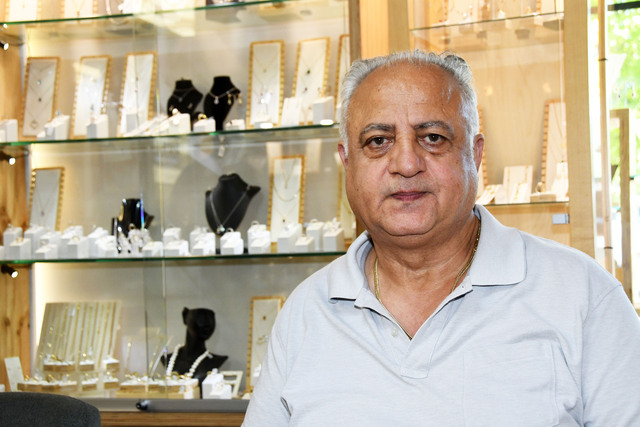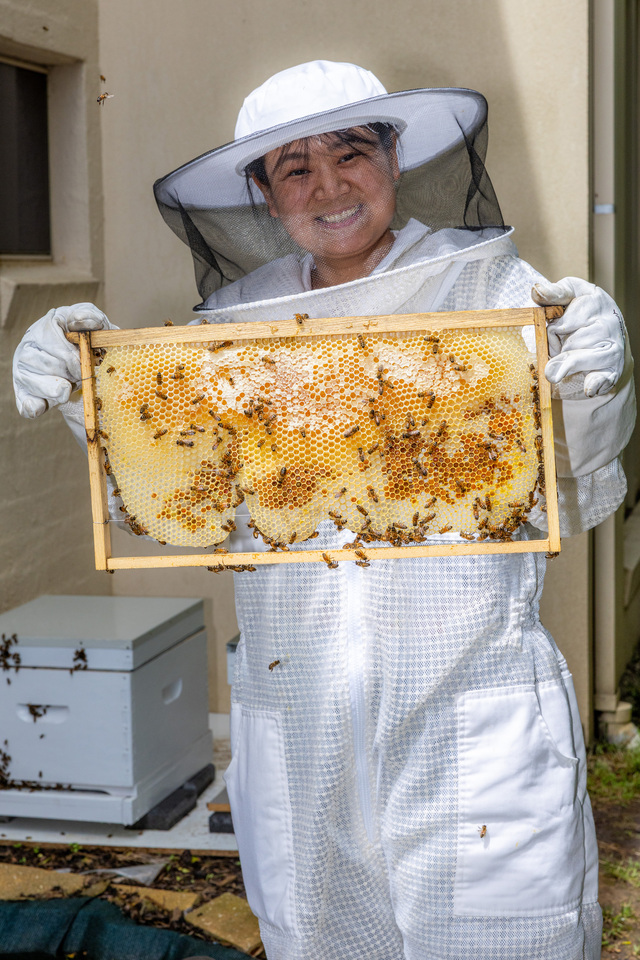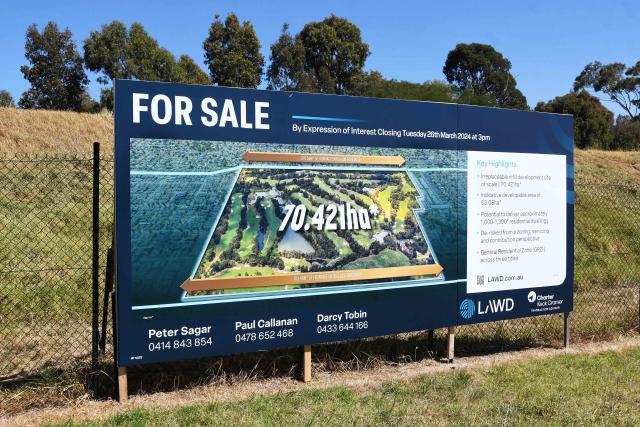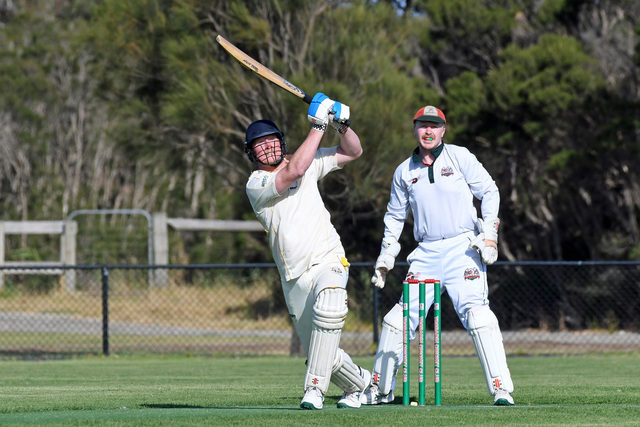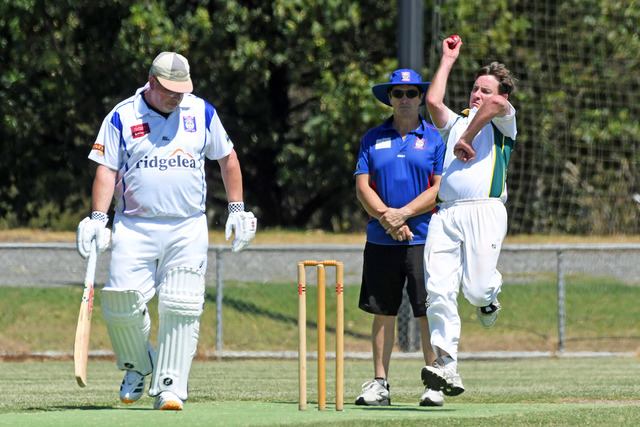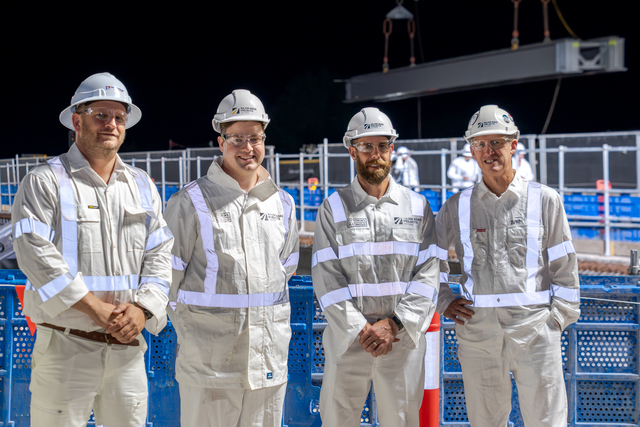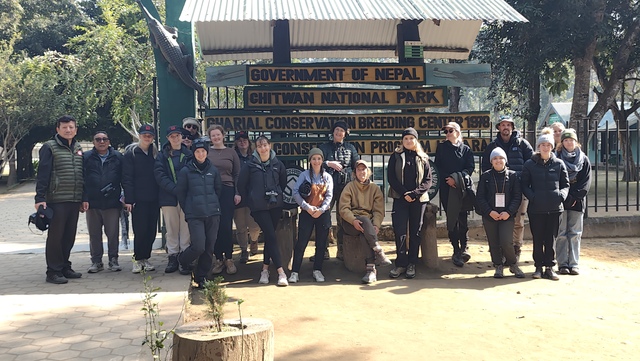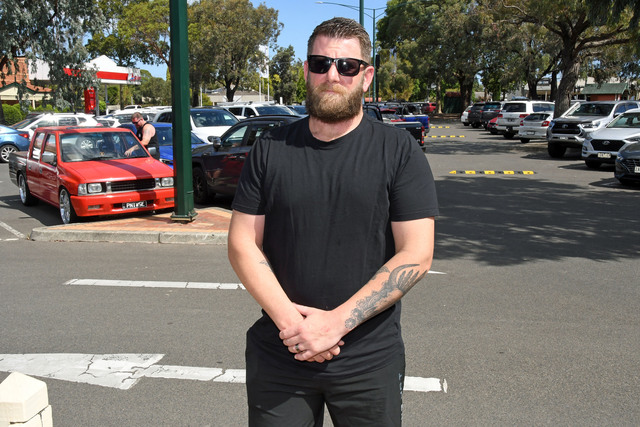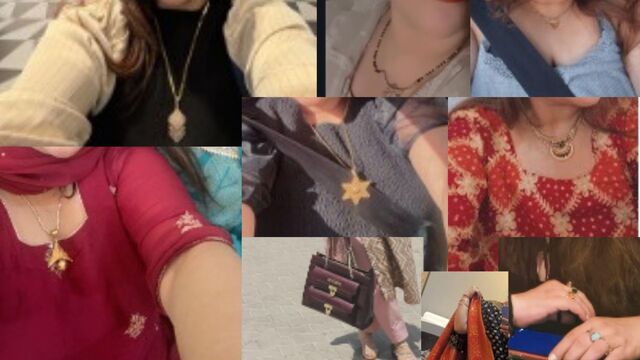It’s a simple question: R U OK?
But those three little words can have a massive impact on a person’s life, as R U OK? Day ambassador Bruce Allen knows too well.
The former Narre Warren South resident has struggled with depression for much of his adult life.
Growing up in Wodonga, he didn’t know much about depression when he started university at the tender age of 17.
On a visit back home he dropped into the local GP and was prescribed anti-depressants, but didn’t think much of it; he took the medication, finished the script and didn’t renew it.
A year later, his mother was diagnosed with cancer. Bruce was close to his mum and dropped out of uni as he travelled regularly back home to visit her.
She passed away not long after his 21st birthday.
This sparked his second episode of depression.
Bruce threw himself into work, abandoning his studies completely.
“I didn’t have the mental capacity to grieve and study at the same time,” he recalled.
“I was back on medication by then … but I still didn’t do a lot of self-care.”
He still saw his GP, but didn’t see any other medical practitioners.
“I thought I’d medicate my way out of it, that it was a passing phase, I was grieving.”
By his mid-20s, mental health was a recurring issue for Bruce.
He saw a psychiatrist for the first time but his treatment was still heavily focused on medication.
By the time he reached his 30s, Bruce was married with two young children.
The next 10 years passed in a blur of new jobs, family moves and continued medication.
“I had resigned myself to the fact I was going to be like this forever – I was on medication and that was the way I was going to deal with it,” he said.
He saw different psychiatrists but didn’t make a connection with any of them.
But in 2018, life came to a head.
He separated from his wife, was being bullied at work and began having severe suicidal thoughts.
And in November of that year, Bruce made an attempt on his life.
Police attended and he was sent to Monash Medical Centre for observation, before being released early that morning.
The hospital called him over the next couple of days to check in, and that’s when Bruce knew he needed to make some drastic changes.
“When they called me back I said ‘I’m no good. What do I need to do to get myself into hospital?’”
Soon after, Bruce had checked in to St John of God in Dandenong. This, he said, was his “life changing moment”.
His weight had ballooned to 115kg – and in the fog of mental illness, he hadn’t even noticed.
But worse was the fact that none of the people around him had thought to question his weight gain and ask if he was OK.
“That was the most disappointing part for me. I got to this point where I didn’t care about myself, but no one had come forth and recognised it and told me that.
“I didn’t have someone asking if I was OK and I was really close to not being here because of it.
“There’s a lot of people that unfortunately end up worse than me. They don’t make it.
“And maybe all they needed was someone to ask that question.”
Since leaving the hospital, Bruce has turned his life around. With the help of a new GP and a new psychologist, he’s picked up the tools he needs to get better.
He’s taken up running and has lost weight, and finally came off his medication 12 months after leaving hospital.
He still has regular check-ins with his psychologist but they are less frequent now that he is “doing really well”.
At a work mindfulness event he ran into an R U OK? Day ambassador, and before long had signed up to be an ambassador himself.
It’s a message Bruce firmly believes can change lives.
“I understand how much it could’ve made a difference to me, that simple message. It wouldn’t have taken a lot,” he said.
With the pandemic and lockdowns weighing heavily on people’s mental health, Bruce said he would urge anyone feeling distressed or down to reach out for a chat with someone they trust.
He said while reaching out the first time is the hardest, it gets easier from there – and generally, people are willing to help you get better.
“The beautiful thing about R U OK? is you don’t have to be skilled – anyone can ask and make the difference,” he said.
He recommends a visit to the R U OK? Day website to find resources and referrals to take action if the answer to the question is ‘no’.
“There’s a lot of people doing it tough. I think now more than ever is the right time to ask if they’re OK,” Bruce said.
For resources on mental health and how to check if someone is OK, visit ruok.org.au
If you need to reach out to someone, please contact:
Lifeline – 13 11 14 or lifeline.org.au
Beyond Blue – 1300 22 4636 or beyondblue.org.au

